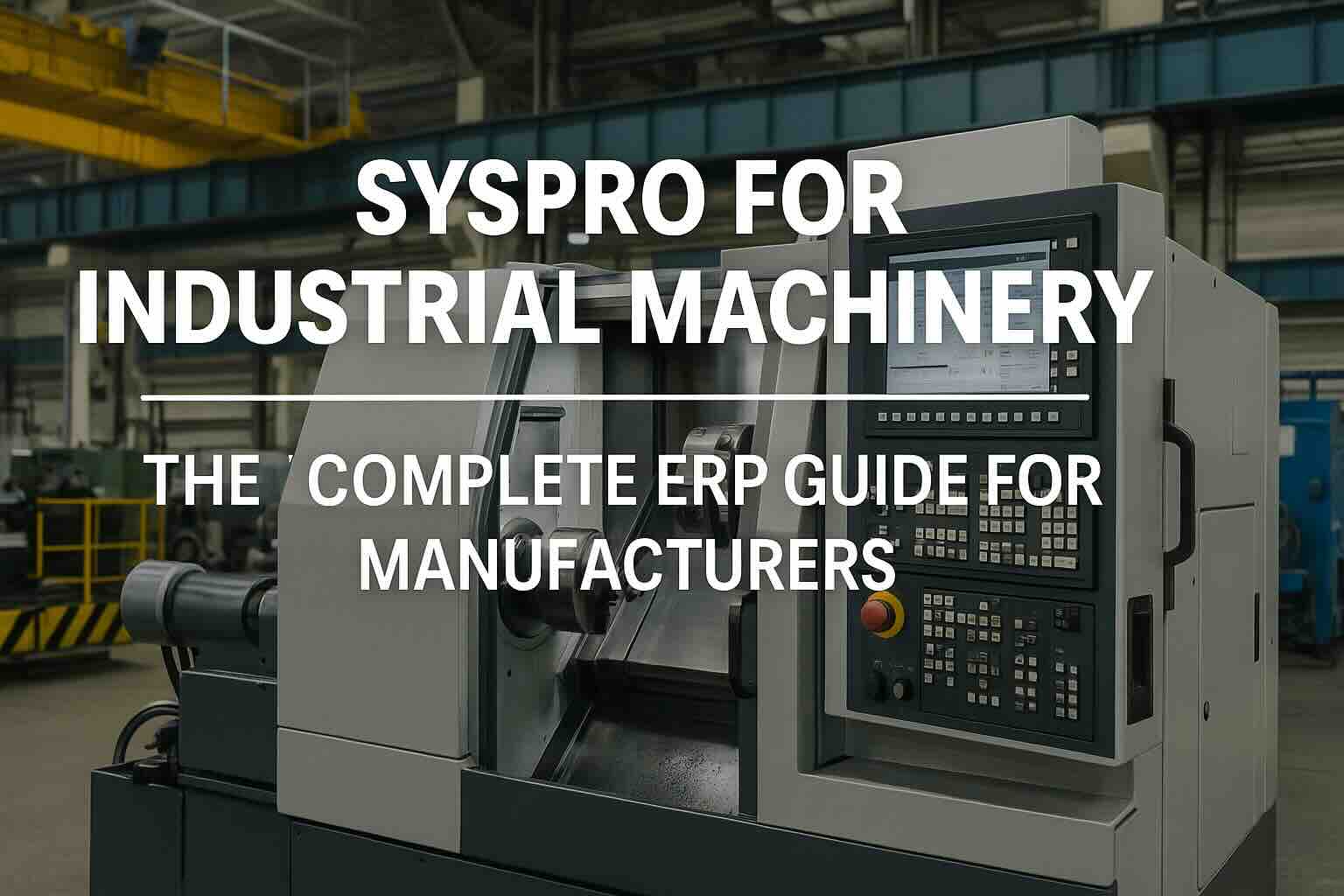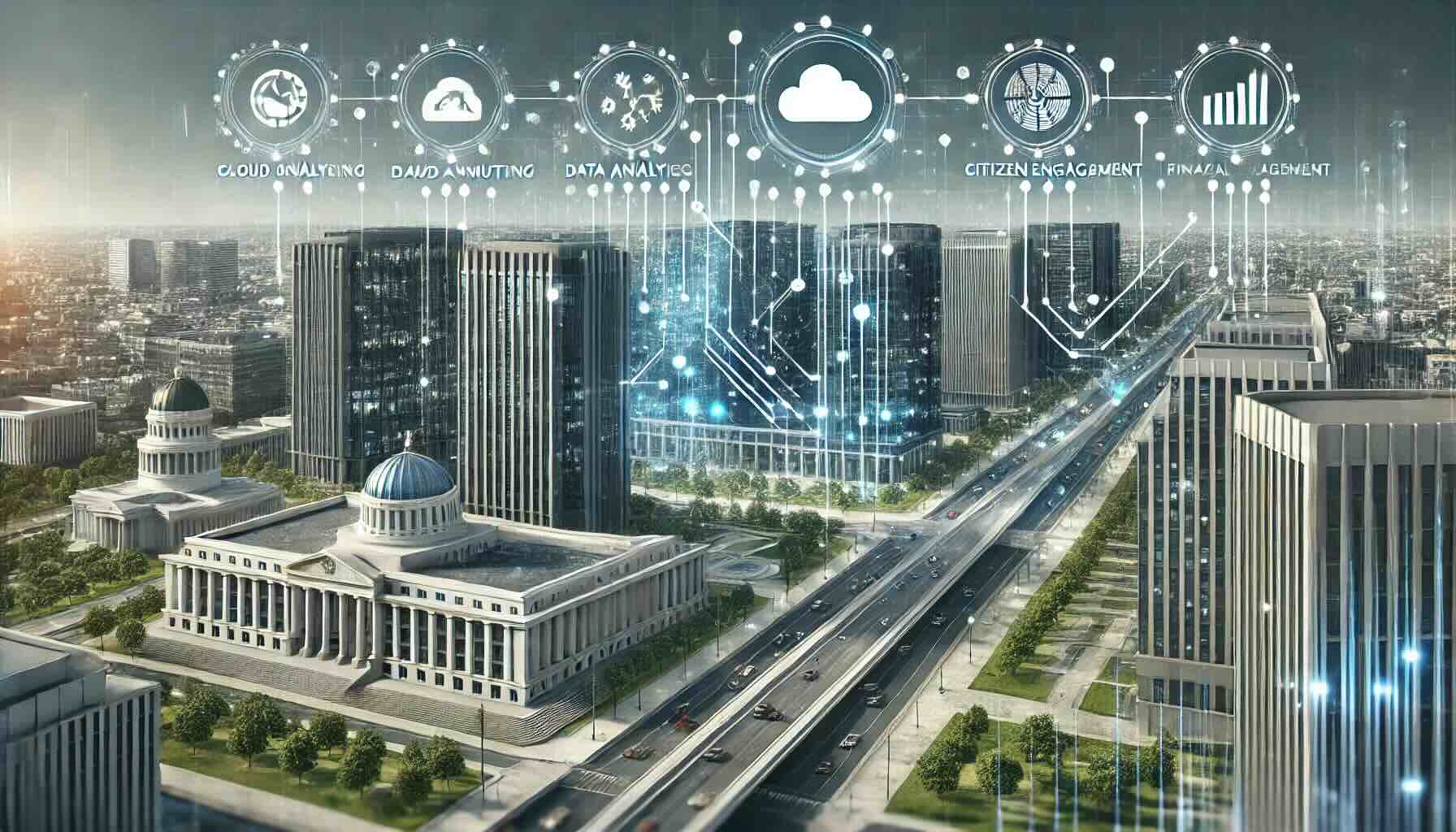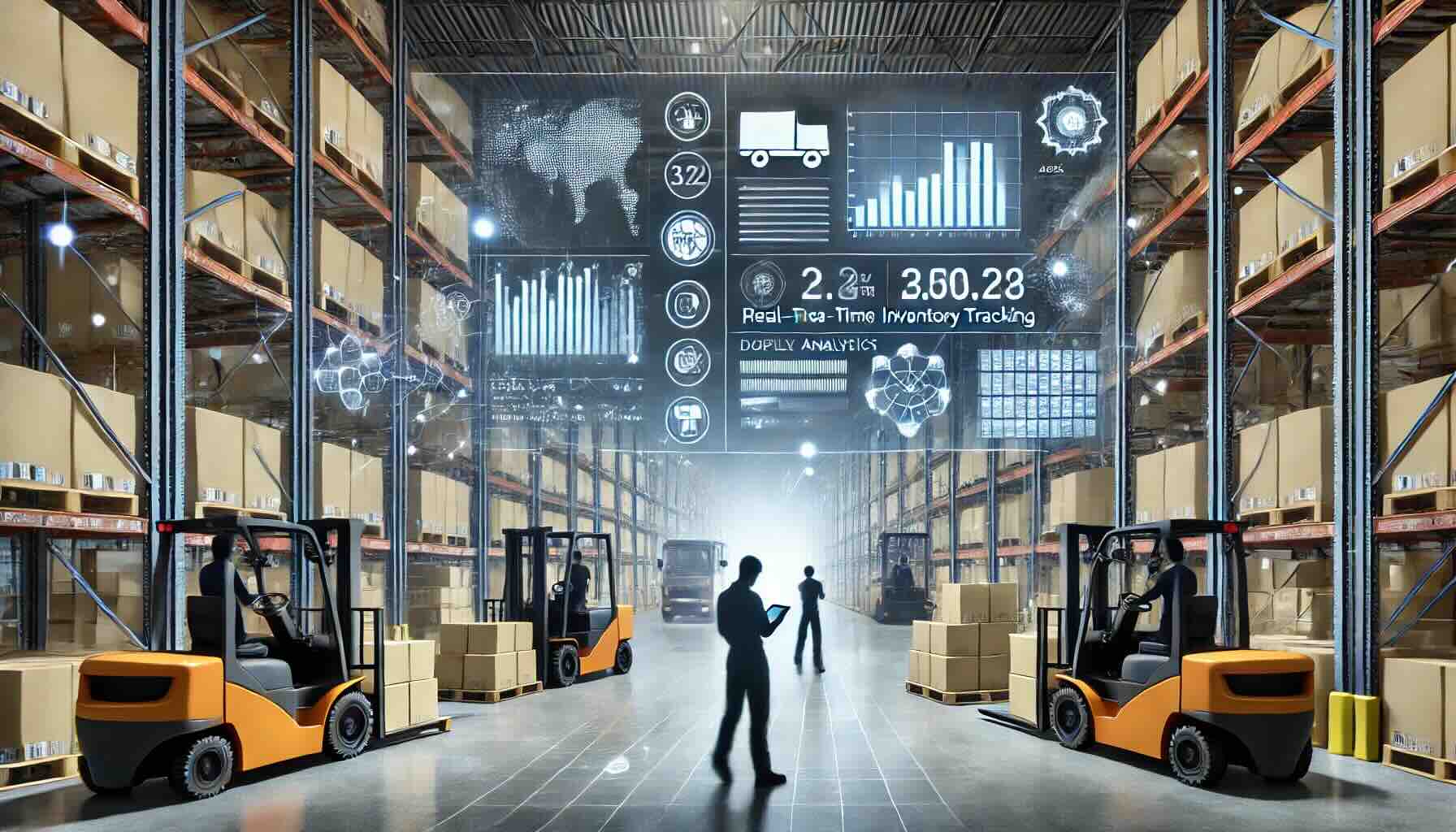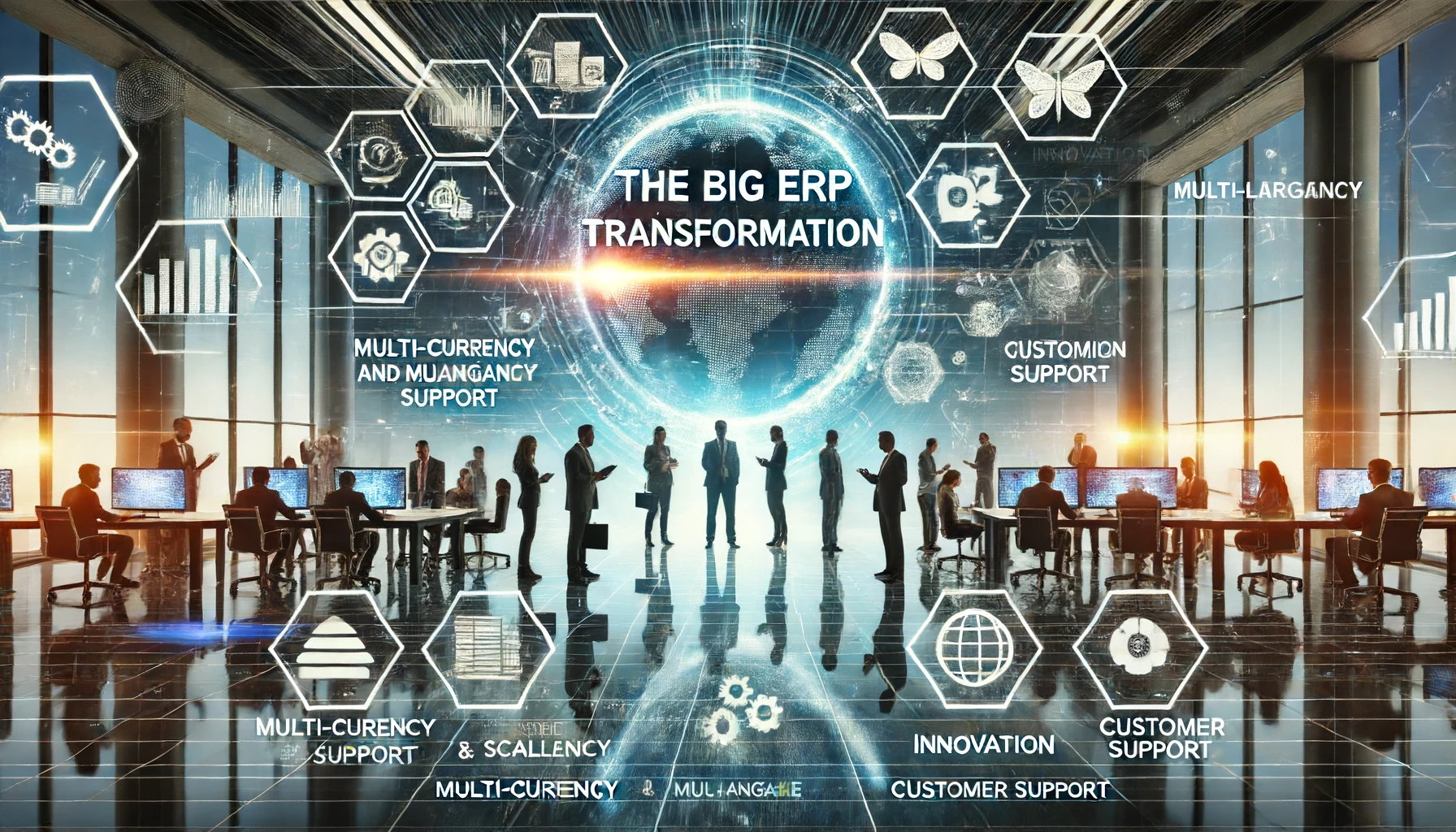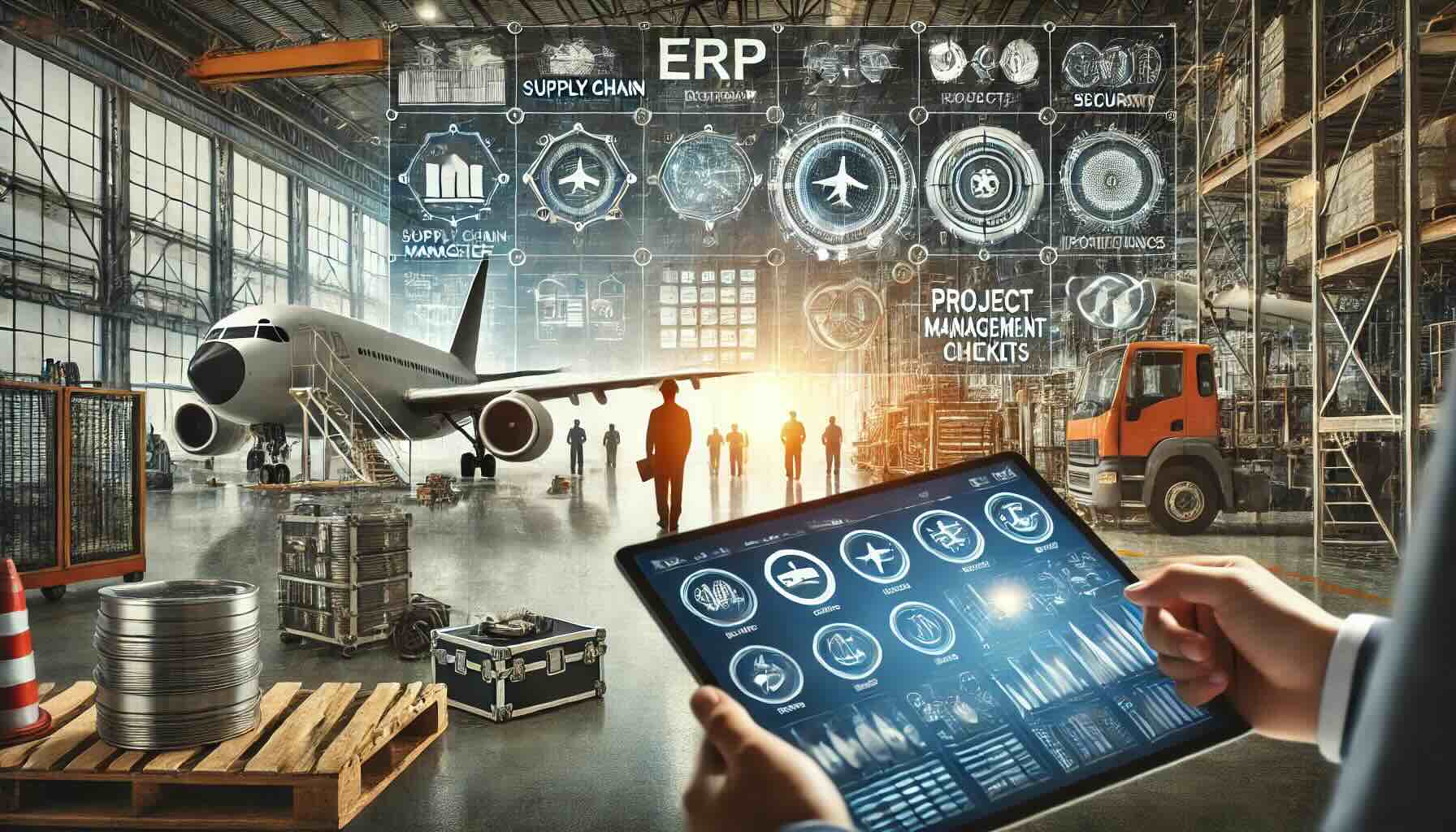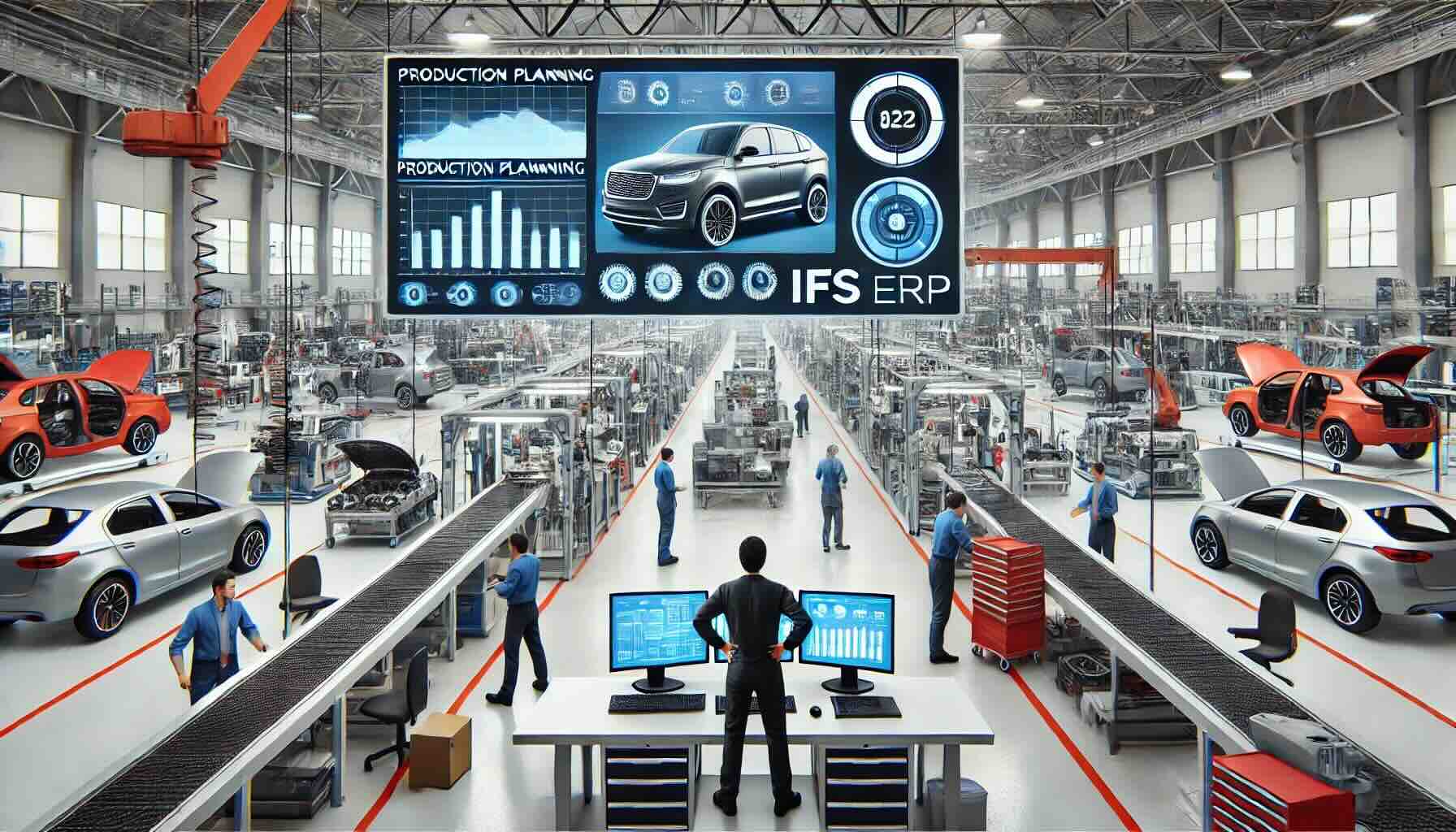Benefits of an ERP System
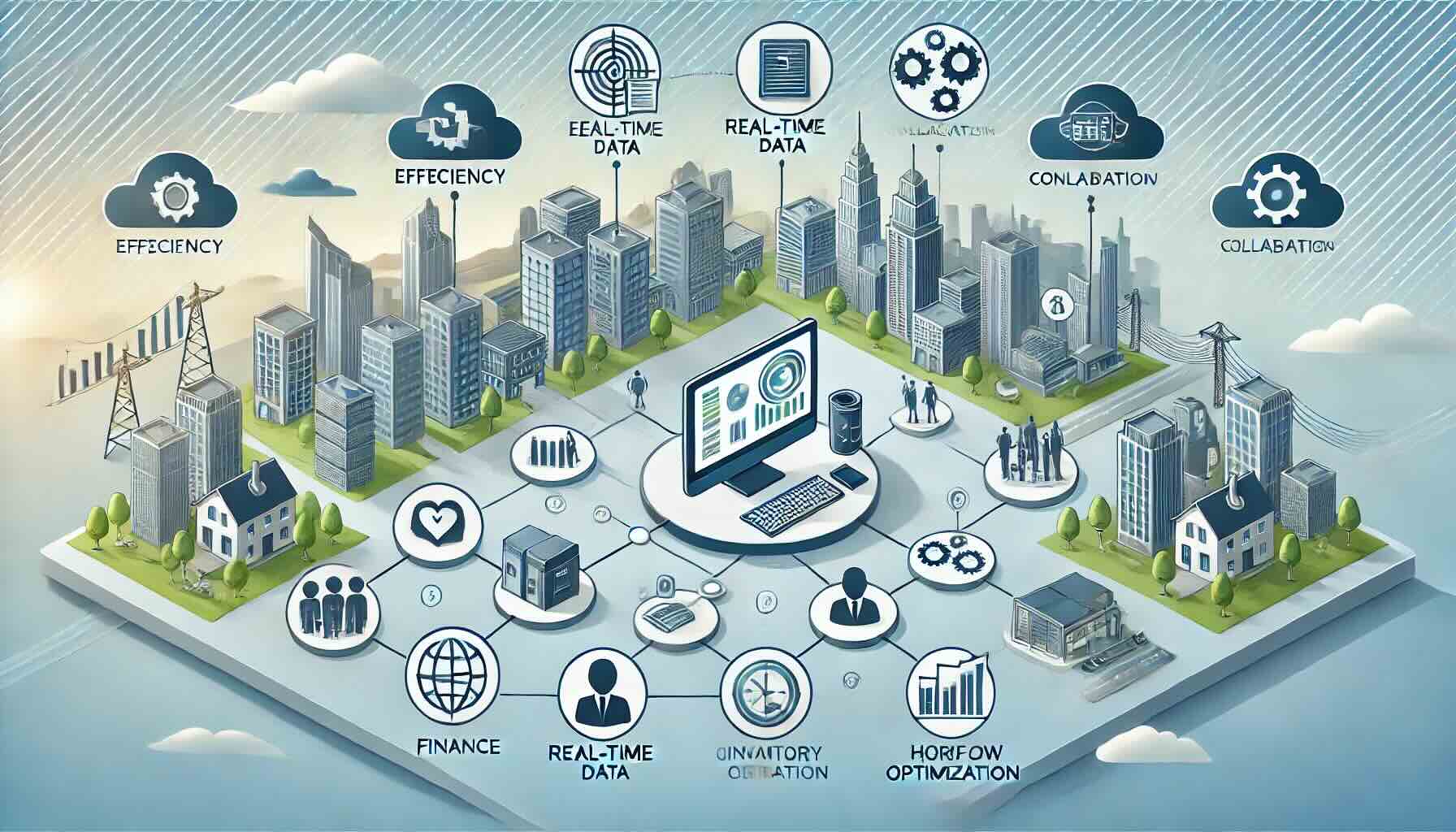
In today’s fast-paced business environment, efficiency and seamless integration of operations are crucial. One of the most effective ways to achieve this is by implementing an Enterprise Resource Planning (ERP) system. This article will delve into the numerous benefits of an ERP system, demonstrating why it is a game-changer for businesses of all sizes.
What is an ERP System?
An ERP system is a software platform that integrates various business processes into a single, unified system. This integration facilitates the flow of information across departments, enhancing collaboration and productivity. ERP systems typically include modules for finance, human resources, manufacturing, supply chain management, and more.
Key Benefits of an ERP System
1. Improved Efficiency
One of the primary benefits of an ERP system is the significant improvement in operational efficiency. By automating routine tasks and streamlining business processes, ERP systems reduce the time and effort required to complete them. This automation allows employees to focus on more strategic activities, ultimately boosting productivity. For instance, automated invoice processing eliminates manual data entry, reducing errors and speeding up the payment cycle.
2. Centralized Data Management
ERP systems provide a centralized database that stores all business-related information. This centralization ensures that all departments have access to up-to-date and consistent data, reducing the risk of errors and data discrepancies. With real-time data access, decision-makers can make more informed and timely decisions. For example, the finance team can access the same data as the sales team, ensuring that everyone is on the same page regarding financial performance and sales forecasts.
3. Enhanced Collaboration
By breaking down silos between departments, ERP systems foster better communication and collaboration. Employees from different departments can easily share information and collaborate on projects, leading to more cohesive and efficient operations. For instance, the sales team can work closely with the inventory management team to ensure that stock levels are sufficient to meet customer demand, reducing the risk of stockouts and enhancing customer satisfaction.
4. Scalability
ERP systems are designed to grow with your business. As your company expands, you can easily add new users, modules, or functionalities to your existing system. This scalability ensures that your ERP system can accommodate the evolving needs of your business without requiring a complete overhaul. Whether you are opening new locations or launching new products, an ERP system can adapt to support your growth.
5. Regulatory Compliance
Keeping up with regulatory requirements can be challenging. ERP systems help businesses stay compliant by providing tools for accurate record-keeping, reporting, and auditing. Many ERP systems are updated regularly to reflect changes in regulations, ensuring that your business remains compliant with minimal effort. For example, automated tax calculations ensure that your business adheres to the latest tax laws, reducing the risk of penalties and fines.
6. Cost Savings
While the initial investment in an ERP system can be substantial, the long-term cost savings are significant. By improving efficiency, reducing errors, and optimizing resource allocation, ERP systems help businesses save money in the long run. Additionally, the ability to automate manual tasks reduces labor costs. For instance, an ERP system can streamline procurement processes, helping to negotiate better prices with suppliers and reduce overall procurement costs.
7. Improved Customer Service
ERP systems enhance customer service by providing employees with access to comprehensive customer information. This access allows customer service representatives to respond to inquiries more quickly and accurately. Furthermore, improved inventory management ensures that customer orders are fulfilled promptly, enhancing customer satisfaction. For instance, an ERP system can track customer orders in real-time, allowing customer service representatives to provide accurate updates on order status.
8. Better Inventory Management
For businesses that manage inventory, an ERP system offers significant advantages. It provides real-time visibility into inventory levels, reducing the risk of stockouts and overstock situations. This visibility allows for better demand forecasting and inventory planning, leading to more efficient operations and cost savings. For example, an ERP system can automatically reorder stock when levels fall below a certain threshold, ensuring that your business always has the necessary inventory on hand.
9. Data Security
ERP systems come with robust security features to protect sensitive business data. With user permissions and access controls, businesses can ensure that only authorized personnel can access specific information. This security helps prevent data breaches and ensures compliance with data protection regulations. For instance, an ERP system can encrypt sensitive financial data, ensuring that it is protected from unauthorized access.
10. Enhanced Reporting and Analytics
ERP systems offer advanced reporting and analytics capabilities. These tools provide insights into various aspects of the business, from financial performance to operational efficiency. With customizable dashboards and reports, decision-makers can easily monitor key performance indicators (KPIs) and make data-driven decisions. For example, an ERP system can generate real-time sales reports, allowing managers to identify trends and adjust strategies accordingly.
Additional Benefits of an ERP System
11. Streamlined Supply Chain Management
ERP systems play a crucial role in streamlining supply chain management. By integrating all aspects of the supply chain, from procurement to production to distribution, ERP systems ensure that every step is optimized for efficiency. This integration helps reduce lead times, minimize inventory costs, and improve overall supply chain performance. For instance, an ERP system can provide real-time updates on supplier deliveries, allowing businesses to plan production schedules more effectively.
12. Better Human Resource Management
Human resource management is another area where ERP systems provide significant benefits. By centralizing employee information, ERP systems simplify payroll processing, benefits administration, and performance management. This centralization ensures that HR processes are consistent and efficient, reducing administrative burden and improving employee satisfaction. For example, an ERP system can automate time and attendance tracking, ensuring accurate and timely payroll processing.
13. Enhanced Project Management
ERP systems offer robust project management tools that help businesses plan, execute, and monitor projects more effectively. By providing real-time visibility into project status, resource allocation, and budget performance, ERP systems ensure that projects are completed on time and within budget. For instance, an ERP system can track project milestones and alert managers to potential delays, allowing for proactive problem-solving.
14. Improved Quality Control
For businesses involved in manufacturing or production, maintaining high-quality standards is essential. ERP systems provide tools for tracking quality control processes, from raw material inspection to final product testing. This tracking ensures that quality standards are consistently met, reducing the risk of defects and enhancing customer satisfaction. For example, an ERP system can automatically generate quality reports, allowing managers to identify and address quality issues promptly.
15. Environmental Sustainability
Many ERP systems now include features that help businesses achieve their sustainability goals. By providing tools for monitoring energy consumption, waste generation, and resource usage, ERP systems help businesses reduce their environmental impact. For instance, an ERP system can track energy usage in manufacturing processes, allowing businesses to identify opportunities for energy savings and reduce their carbon footprint.
Conclusion
The benefits of an ERP system are manifold, making it a valuable investment for any business looking to improve efficiency, collaboration, and overall performance. By centralizing data, enhancing scalability, and providing robust reporting tools, ERP systems empower businesses to stay competitive in today’s dynamic market. Whether you are a small business or a large enterprise, implementing an ERP system can lead to significant improvements in your operations and bottom line.
Investing in an ERP system is not just about keeping up with technology; it’s about setting your business up for sustained success. Consider exploring ERP solutions that fit your specific needs and take the first step towards transforming your business operations.
To compare 100s of ERP solutions, you can use our new AI-powered Compare ERP tool. It’s free to use and you get a guaranteed discount on your first year’s licence fees with a referral from Compare ERP.

